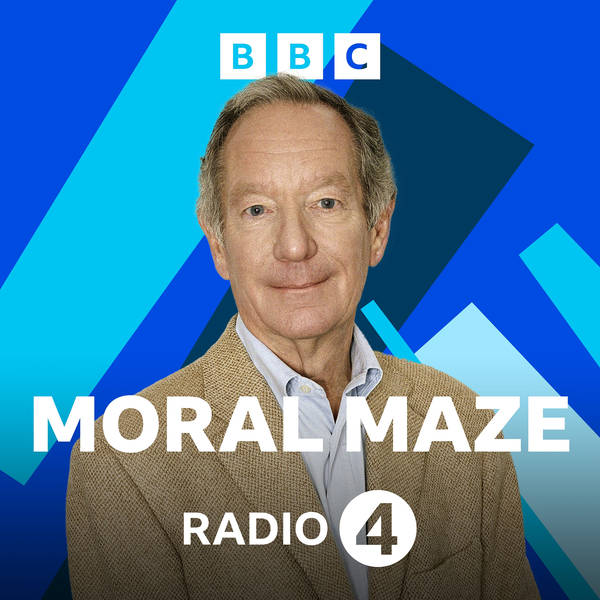
Authors of Our Own Misfortune?
This week the Moral Maze asks "in a society where resources are scarce, should we take account of whether people have contributed to their own misfortune?" The issue has been raised by Phil Kay, the assistant chief constable of Leicestershire. Like other public bodies, the force is struggling to stretch resources to cover demand. He told his local newspaper that he would "far rather" officers focus on preventing crime and protecting the public than spend their time investigating break-ins where carelessness may have played a role. In time-honoured fashion Mr Kay says his remarks have been taken out of context, but does he have a point? This week it's been reported that some NHS authorities are considering closing hospitals to meet a £22 billion savings target. At the same time demand from patients has never been greater. Is making an explicit connection between our lifestyle choices and the chances of getting treatment for the consequences of them the most just and moral way to allocate resource? Or is it the worst kind of victim blaming? There are already many ways in which we reward so called "good behaviour" - no claims bonuses, reduced premiums in return for fitting better security, tax breaks for pension savings. Wearable technology like fitness trackers will make looking after ourselves even more feasible in the future, so why not punish "bad behaviour"? We already have sin taxes, and they're called that for a reason. When the cost of our collective sins is so great, is it morally justifiable to expect the rest of society to pick up the bill for our moral blameworthiness? Or is the very notion a kind of mass hardening of the heart that weakens the bonds of our collective humanity?
